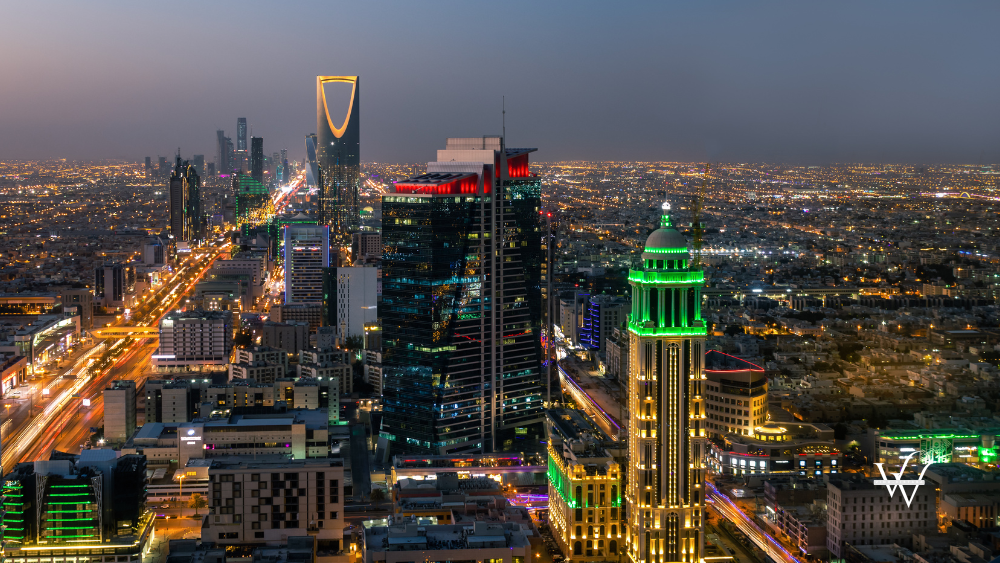In a landmark policy shift, Saudi Arabia has announced that beginning in 2026, it will license the sale and consumption of alcoholic beverages in approximately 600 designated locations across the country.
This strategic move marks a significant transformation in the Kingdom’s traditionally strict regulatory stance on alcohol and is part of a broader vision to modernize its tourism industry, particularly in preparation for hosting the 2030 World Expo and the 2034 FIFA World Cup.
Controlled Legalization in High-End and Restricted Zones
The Saudi government will authorize the sale of wine, beer, and cider—excluding spirits and drinks exceeding 20% alcohol content—only in controlled environments. These include:
- Five-star hotels and luxury resorts
- Licensed distributors and authorized embassies
- Tourist hubs like the Red Sea Resort, Sindalah, and Neom
- Residential compounds for expatriates
- Designated international cultural and business events
The decision was influenced by the positive impact of similar models in neighboring countries, such as the United Arab Emirates and Bahrain, where regulated alcohol availability has enhanced tourist experiences and boosted foreign visitor numbers. Saudi Arabia now aims to replicate this success while balancing cultural and religious considerations.
Maintaining Social Norms and Tight Control
While this policy signals increased openness, the authorities have stressed that alcohol sales will remain prohibited in open public spaces, private homes, retail stores, and for home production. Access will be tightly controlled, with licenses granted under specific conditions and strict regulations to ensure alcohol is consumed responsibly and discreetly.
Licensed venues will be subject to clear operational guidelines, and service staff will receive specialized training to manage alcohol provision in accordance with Saudi laws and customs. These steps are designed to prevent abuse, ensure cultural sensitivity, and maintain the Kingdom’s Islamic identity while accommodating international standards of hospitality.
A Strategic Move for Economic Diversification
The introduction of alcohol licenses is seen as part of Saudi Arabia’s Vision 2030 program, which aims to diversify the economy beyond oil, develop world-class tourism infrastructure, and attract foreign investment. Tourism officials believe this reform will lead to the creation of new jobs in hospitality, restaurants, event planning, and entertainment sectors, while also attracting global hotel chains and event organizers.
Already, several international hotel groups have initiated talks with Saudi authorities to modify their properties in anticipation of the new regulations. Tour operators and MICE (Meetings, Incentives, Conferences, and Exhibitions) organizers also view the policy as a positive step toward improving the international appeal and competitiveness of Saudi Arabia as a destination for global events.
Balancing Progress and Tradition
Saudi Arabia’s move to allow limited alcohol sales reflects a desire to reposition itself as a modern, forward-thinking destination while upholding its deeply rooted values. The initiative balances economic ambition with cultural respect, aiming to cater to the expectations of international travelers without compromising national identity.
With a robust regulatory framework and collaboration with international hospitality experts, this reform may not only transform Saudi tourism but also set a new regional standard for modernization with cultural integrity.
Source: Vinetur

